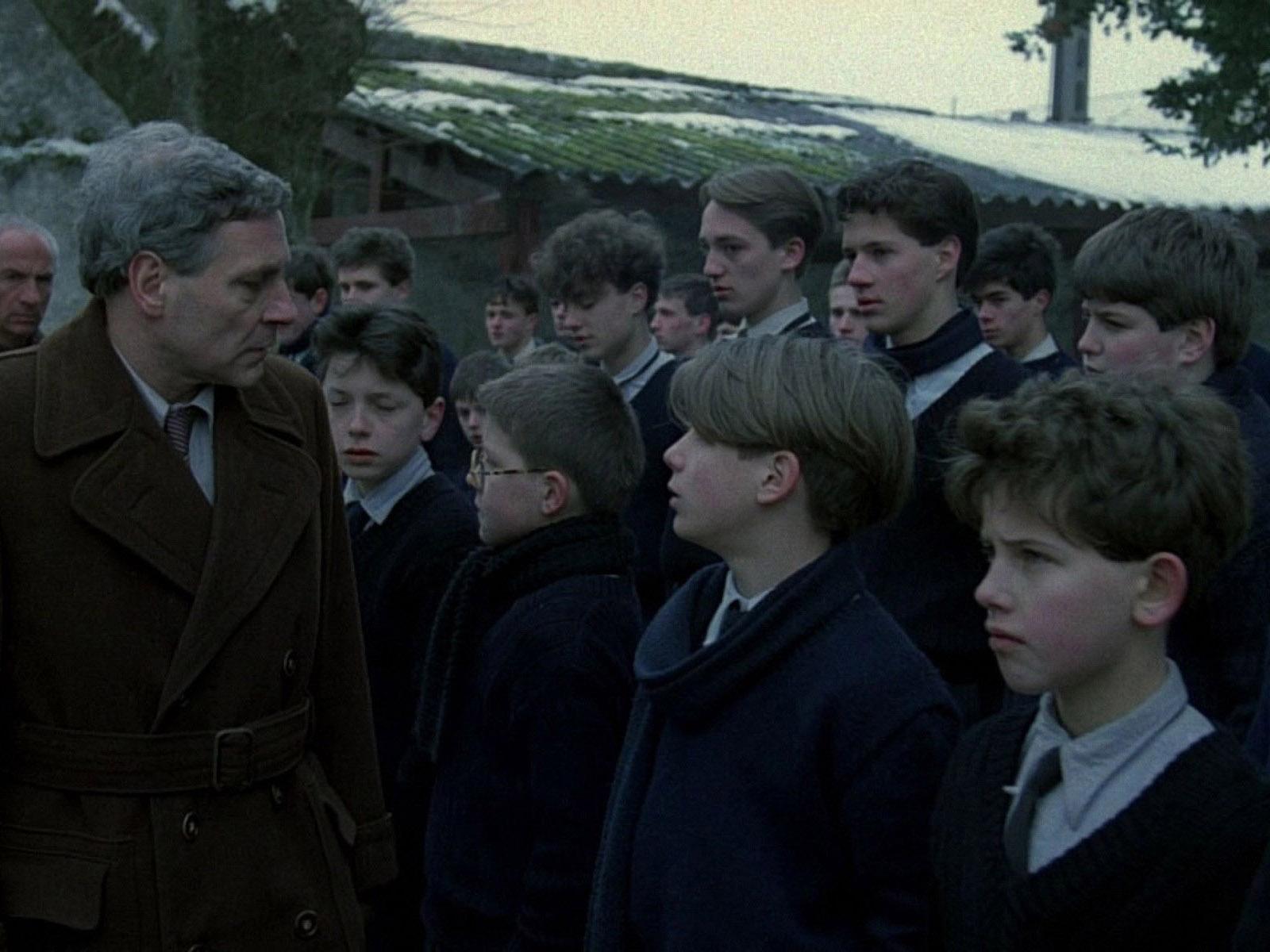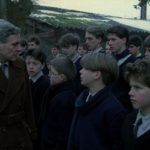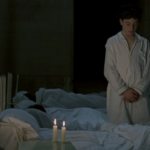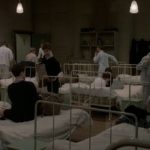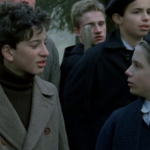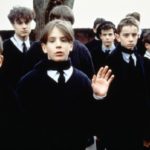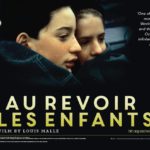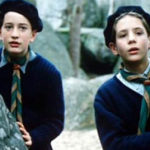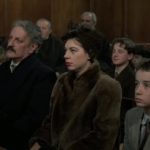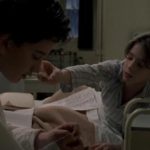“Bonnet, Negus and Dupre died at Auschwitz; Father Jean at Mauthausen. The school reopened its doors in October. More than 40 years have passed, but I’ll remember every second of that January morning until the day I die.”
Au Revoir Les Enfants is Louis Malle‘s semi-autobiographical 1987 movie portraying a fictionalised version of himself (‘Julien Quentin’) at a Carmelite boys’ boarding school in occupied France in 1944. It moves straight to the ‘classics’ category by virtue of doing what thousands of wartime movies fail to do: employ vivid simplicity to create a truly moving experience.
There is a simple expedient of the narrative, once you get by familiarisation with boarding school life and allow for a few minor subplots, one involving the kitchen hand sacked for engaging in black market activities with school food and that brought in by boys eager for cigarettes. There’s an extent to which this is rosy-tinted hindsight, yet it also brings out the real purpose of the film in sharp relief.
Father Jean, a truly compassionate priest, contrasting sharply to the worst side of the priesthood demonstrated in recent films involving Catholicism, has hidden three Jewish boys in his school, who are renamed to disguise their true identity. At the time and the place this is an extremely dangerous thing to do, yet how else could he protect the innocent boys?
Julien gradually becomes a close friend of ‘Jean Bonnet’, né Kippelstein, and through curiosity discovers his true identity – though at this stage of learning has not acquired anti-semitism; he merely judges people as he finds them. Inevitably, the Nazi occupiers also catch up with the truth, leading to their arrest, along with Père Jean, and the final haunting words voiced over, quoted above.
That’s pretty much it for plot, but this is not a film you watch for plot twists. It IS a film you watch for the emotional impact of young boys dealing with this enforced scenario. Gaspard Manesse and Raphaël Fejtö are the two in question, and both do a marvellous job – one street wise and accomplished in maths and music, the other struggling to cope with the scenario that a Jewish boy is being hidden and knowing his life depends on hiding this secret from the invading Germans.
There’s an extent to which boys love a conspiracy, but in this case Julien is almost robbed of a relatively carefree childhood away from his suffocating mother with the intervention of life and death. Knowing the truth leaves Julien haunted for life, perhaps regretful he did not do more to protect his comrade. What would you do?
Watch this movie at least once in a lifetime, I urge you,

